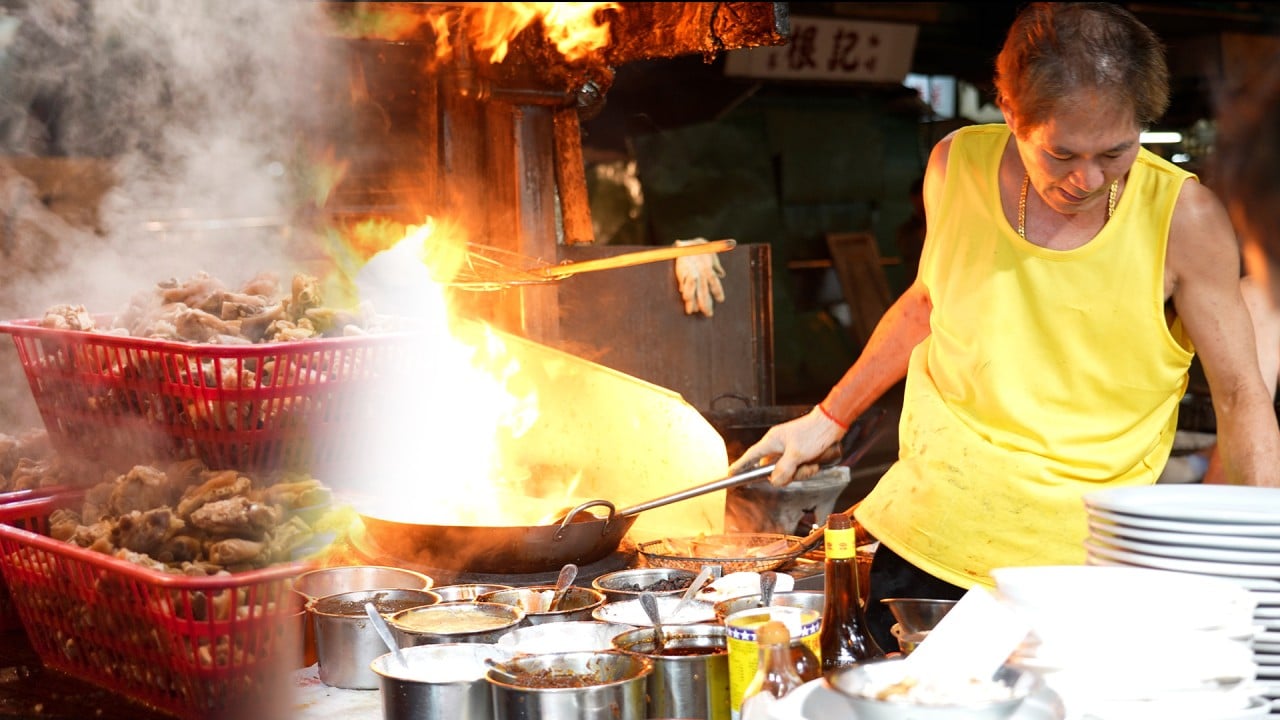
How to boost Hong Kong tourism: vouchers now, and a vision for the long term
- The industry needs reforms and a radical overhaul but, for now, vouchers to reward tourists for spending locally – say, HK$100 for every HK$1,000 spent – would be a quick boost
- Beyond that, Hong Kong must prioritise quality, distinctiveness and originality while leveraging its culture, diversity and heritage
Hong Kong could allow visitors to redeem discounts on hotel stays based on their spending in shops and restaurants. This is a straightforward strategy to help local businesses and support employment while encouraging tourists to spend more time and money in the city.
For example, visitors who can show they have spent HK$1,000 (US$128) shopping or dining in Hong Kong could redeem a HK$100 voucher to use at any participating hotel, or even exchange it for coupons to spend at partner restaurants or shops.
There are many benefits to such a scheme. For local businesses, it could increase revenues, build consumer loyalty and even generate jobs. As part of a tourism campaign, the scheme could help enhance Hong Kong’s reputation as a tourist destination, aiding efforts to highlight the city’s diversity and culture.
And it could make use of the Octopus card system, which is extensively used for public transport and payments. To prevent overcrowding, we could start by launching pilot schemes for the spring and autumn seasons, which are less busy times.
But this will at best be a temporary boost to Hong Kong’s tourism business – giveaways will not guarantee the industry’s long-term viability and competitiveness. Hong Kong must have a clear goal and vision for its tourism industry, with priorities on quality rather than quantity, and distinction over imitation.
Macau and the mainland may have more extensive markets and lower costs, making them more affordable as tourist destinations than Hong Kong. But Hong Kong can maintain its premium status by elevating its standards for quality and service, from its hotels and restaurants to its attractions and events.
No longer belle of the ball? Hong Kong faces stiff competition for tourism
Furthermore, Hong Kong ought to differentiate itself from its rivals by emphasising its culture, variety and distinctiveness. This will allow Hong Kong to attract visitors who seek more than shopping and gambling. Hong Kong should make these attributes the foundation of its tourism identity.
Another approach is to highlight Hong Kong’s ethnic and religious diversity, which reflects both its colonial history and role as a global city. People of various backgrounds and origins live in Hong Kong and have contributed to the city’s social and economic expansion. Hong Kong also features a diverse spectrum of religions and faiths, which coexist harmoniously.
Visitors can experience the variety of Hong Kong by visiting the many sites of worship, including the Taoist Man Mo Temple, the Anglican St John’s Cathedral, Kowloon Mosque, the Happy Valley Hindu Temple and the Ohel Leah Synagogue.
Fostering the local artists and talents who contribute to Hong Kong’s cultural and artistic scene is yet another strategy. Hong Kong needs to encourage creativity, including in music, film, fashion and design.
Hong Kong’s tourism industry requires fundamental reforms and a radical overhaul to survive and flourish post-Covid. To attract and retain visitors, Hong Kong must prioritise quality, distinctiveness and originality while leveraging its culture, diversity and heritage. By doing so, Hong Kong can restore and regain its status as the pre-eminent tourist destination in Asia.
Adrian Ho is a Legislative Council Election Committee constituency member, the founder of Save HK Facebook Group and a member of the Central Committee of the New People’s Party



